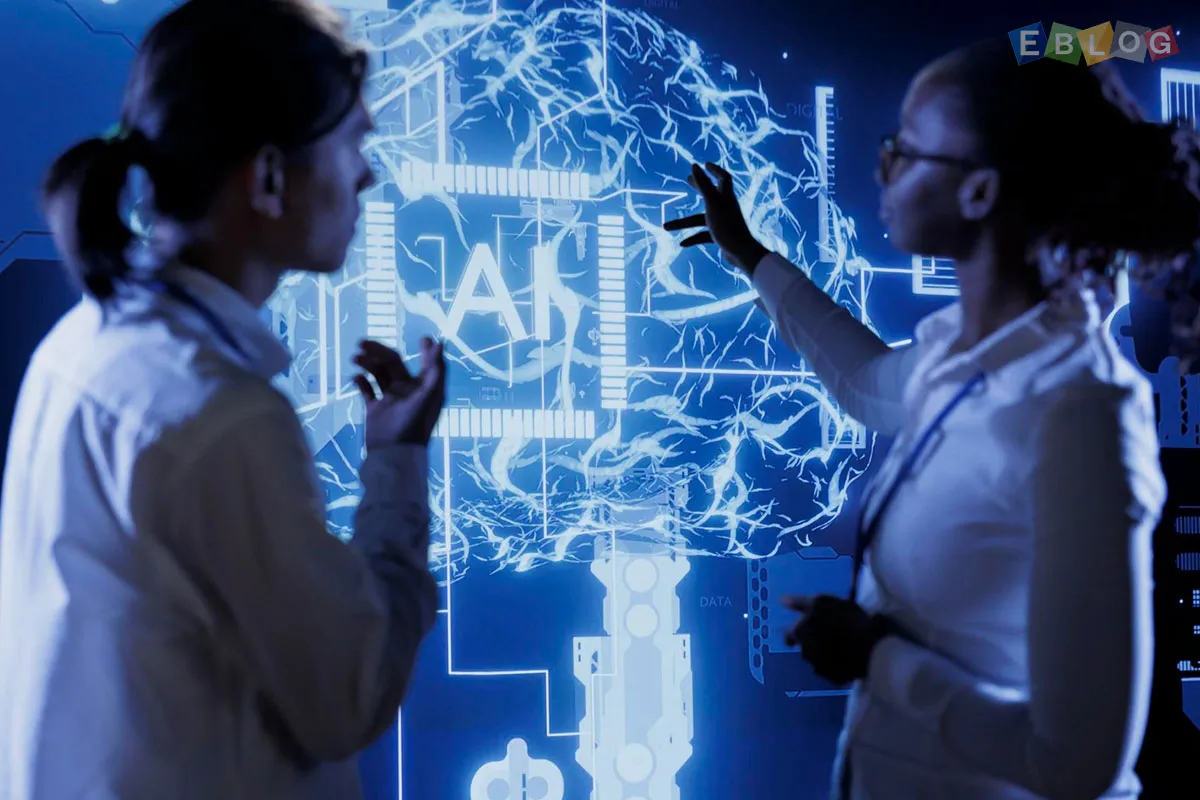
Importance of Emotional Intelligence in Education
- 04 Nov, 2024
- Education
- 553 Views
- 0 Comments
In today’s rapidly changing world, academic success is no longer solely measured by intellectual capabilities or standardized test scores. Emotional intelligence (EI), the ability to recognize, understand, and manage our own emotions while empathizing with others, has emerged as a crucial component of effective learning and personal development. This blog explores the significance of emotional intelligence in education and how it can transform the learning experience for both students and educators.
1. Enhancing Academic Performance
Research indicates that students with high emotional intelligence tend to perform better academically. EI skills help students manage stress, regulate their emotions, and maintain focus, which are essential for effective learning.
Key Points:
a. Stress Management: Students equipped with emotional intelligence can better handle the pressures of academic life, leading to improved concentration and productivity.
b. Motivation and Engagement: Emotionally intelligent students are often more motivated and engaged in their studies, as they can set realistic goals and remain resilient in the face of challenges.
2. Improving Relationships
Emotional intelligence fosters better relationships between students, teachers, and peers. Understanding emotions enhances communication and empathy, which are vital for creating a positive classroom environment.
Key Points:
a. Collaboration and Teamwork: Students with strong EI can work effectively in groups, valuing diverse perspectives and resolving conflicts amicably.
b. Teacher-Student Connections: When educators demonstrate emotional intelligence, they build stronger relationships with students, promoting a sense of trust and safety in the classroom.
3. Promoting Social Skills
Developing emotional intelligence in education nurtures essential social skills that are crucial for personal and professional success. Students learn to navigate social interactions, build networks, and develop a sense of belonging.
Key Points:
a. Conflict Resolution: Students learn to manage disagreements constructively, leading to healthier interactions and reduced bullying.
b. Empathy Development: By recognizing and understanding the emotions of others, students cultivate empathy, which is essential for building supportive communities.
4. Supporting Mental Health
Emotional intelligence plays a significant role in mental health and well-being. By integrating EI into education, we can help students develop coping strategies and resilience, essential tools for navigating life’s challenges.
Key Points:
a. Self-Awareness: Students learn to recognize their emotions, leading to better self-regulation and a greater understanding of their feelings.
b. Coping Strategies: Emotional intelligence training equips students with skills to manage anxiety, depression, and other mental health challenges, fostering a healthier school environment.
5. Encouraging Personal Growth
Education is not just about academic knowledge; it’s also about personal development. Emotional intelligence encourages self-reflection and personal growth, empowering students to take charge of their learning journey.
Key Points:
a. Goal Setting: Emotionally intelligent students are better at setting and achieving personal and academic goals, as they can assess their strengths and weaknesses effectively.
b. Resilience: By developing a strong sense of self and emotional regulation, students become more resilient and better equipped to handle setbacks.
6. Creating a Positive Learning Environment
A classroom that prioritizes emotional intelligence cultivates a positive learning atmosphere. When students feel understood and valued, they are more likely to participate actively and take risks in their learning.
Key Points:
a. Safe Spaces: Emotionally intelligent classrooms encourage open dialogue about feelings and experiences, creating a safe space for students to express themselves.
b. Motivation and Enthusiasm: A positive environment nurtured by emotional intelligence leads to increased motivation and enthusiasm for learning.
7. Incorporating EI in Curriculum
Integrating emotional intelligence into the curriculum is essential for holistic education. Educators can implement various strategies to promote EI within their teaching practices.
Key Points:
a. Social-Emotional Learning (SEL): Incorporate SEL programs that teach students about emotions, empathy, and relationship-building skills.
b. Mindfulness Practices: Introduce mindfulness and relaxation techniques to help students develop self-awareness and emotional regulation.
8. Conclusion
Emotional intelligence is a vital component of education that significantly impacts students’ academic performance, relationships, and overall well-being. By prioritizing the development of EI in the classroom, educators can create a supportive environment that fosters not only academic success but also personal growth. As we continue to recognize the importance of emotional intelligence, we move towards an educational model that values the whole student, preparing them for the complexities of the modern world. Investing in emotional intelligence is, ultimately, an investment in a brighter future for our students and society as a whole.















Leave a Reply